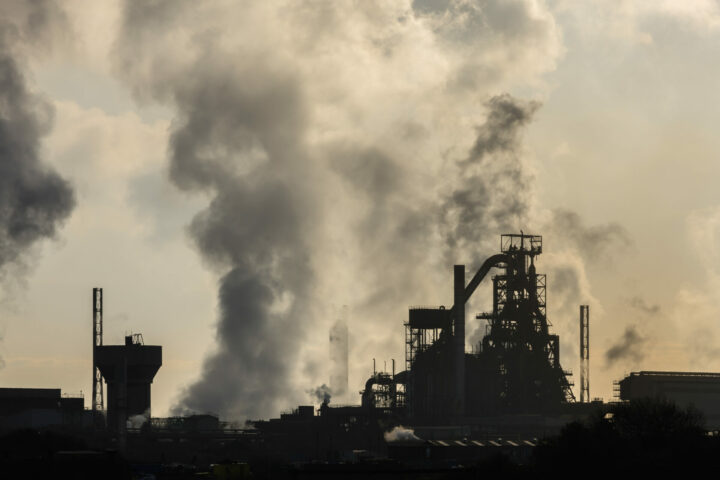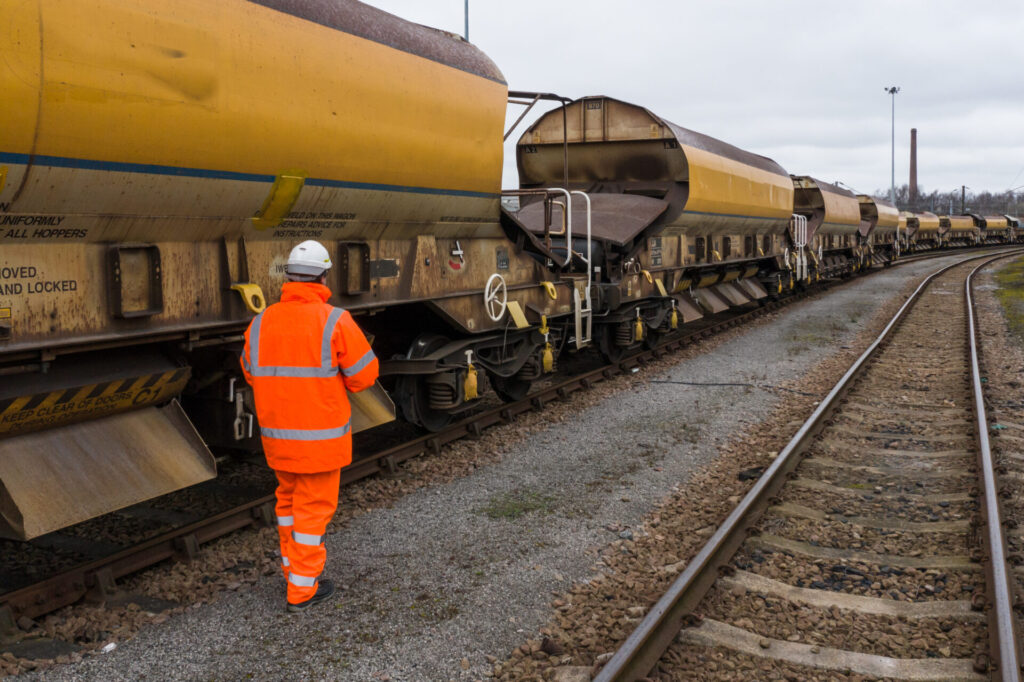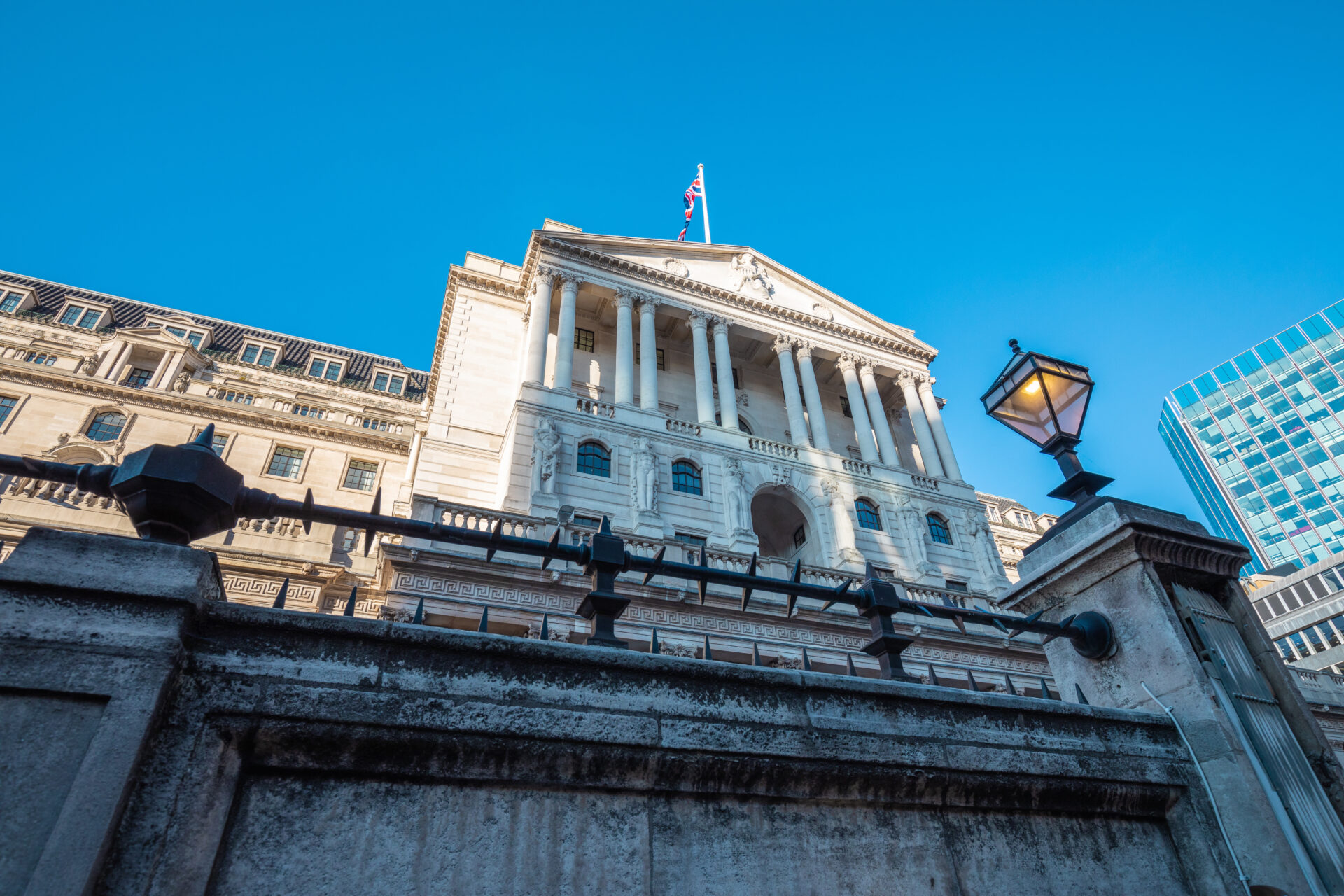Britain’s economy performed better than expected in January, according to the latest PMI indicators from S&P Global. However, the data also revealed a concerning surge in job cuts as companies face falling sales and rising costs.
The UK Services PMI index rose to 51.2, slightly ahead of the expected 50.9 and December’s figure of 51.1. This increase lifted the composite PMI to 50.9, surpassing the forecast of 50.0 and last month’s 50.4. Even manufacturing showed some improvement, edging up to 48.2 from December’s 47, though it remains below the 50 mark indicating contraction.
Despite these signs of resilience, S&P Global cautioned that the economy is “broadly flatlining with risks remaining skewed to the downside.” Falling sales and declining new work, particularly in services, are contributing to a challenging environment. January saw new work in services decline at the fastest pace since 2023, with firms attributing this to weak demand and reduced client spending on non-essential items.
Staffing levels have continued to decline since October 2024, driven by hiring freezes and decisions not to replace voluntary leavers. Chris Williamson, chief business economist at S&P Global, said: “The loss of confidence, combined with widespread concerns over higher staff costs associated with the Budget, pushed employment sharply lower again.
“Barring the job cutting seen during the pandemic, the rate of job losses signalled by the PMI over the past two months has been the highest since the global financial crisis in 2009.”
The survey also highlighted rising cost pressures for businesses, with input prices for both manufacturers and service providers accelerating at the fastest rate in over 18 months. Companies indicated that the Chancellor’s forthcoming £25bn hike in National Insurance had impacted recruitment plans.

















